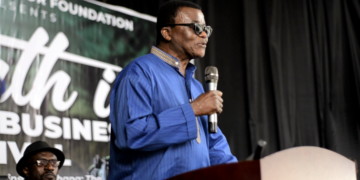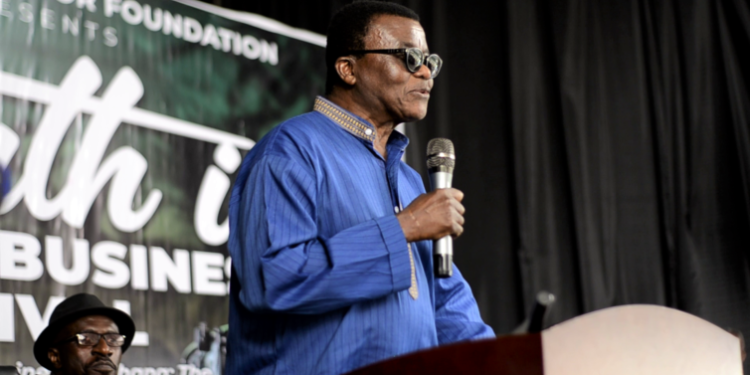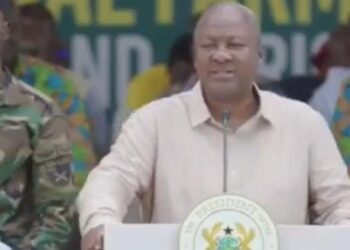Governance expert and Co-founder of CDD-GH, Prof. Baffour Agyemang-Duah, is calling on political parties to refrain from using inflammatory language that could escalate tensions ahead of the 2024 elections.
Speaking on ABC IN THE MORNING on October 14th, 2024, he stressed the need for education and peaceful conduct among party members.
“Political parties should resolve to educating their members to put up the best behavior,” he emphasized, urging that all parties adopt a non-violent approach to their communication.
Prof. Agyemang-Duah further highlighted the crucial role of security services in ensuring a smooth electoral process.
He called for their professionalism to reflect during the elections, stating, “Once they are deployed, their behavior should reflect their professionalism.”
He emphasized the need for the security forces to strictly adhere to standard operational procedures to avoid provoking any side unnecessarily. According to him, this is a vital step in reducing potential conflict during the elections.
As the 2024 elections approach, the haunting memory of the violence from the 2019 Ayawaso West Wuogon by-election still lingers.
Former Commissioner of the Commission on Human Rights and Administrative Justice, Justice Emile Short, has renewed calls for the prosecution of those responsible for the violence that marred that election day.
He stressed the necessity of accountability, asserting that neglecting these issues could erode public trust in the democratic process and potentially spur future electoral violence.
His remarks at the West Africa Policy Dialogue series serve as a stark reminder of the urgent need to address unresolved incidents of electoral violence.
The Electoral Commission (EC) has identified 7,250 key flashpoints for the upcoming elections, down from 9,644 in 2020.
These locations, including areas in Greater Accra, Ashanti, Northern, and Eastern regions, are prone to electoral disputes.
With tensions rising and the specter of past violence looming, it is crucial to monitor these hotspots closely.
The pressing questions remain: Will we achieve justice before the 2024 elections? Can the prosecution of those involved in past violence deter potential conflicts? As the EC outlines these critical areas, the nation stands at a crossroads—ready to confront its past or risk letting it overshadow the path to a peaceful electoral process.

































